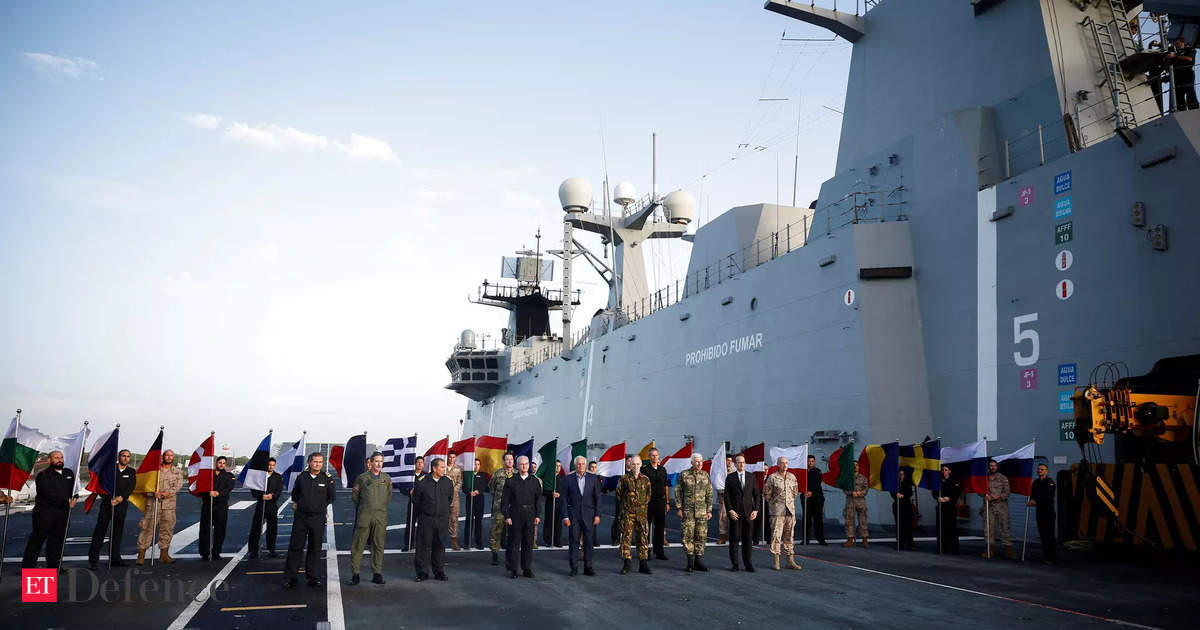A major European Union military exercise is currently underway in southern Spain, which marks a significant milestone in the development of the bloc’s rapid reaction force, according to EU foreign policy chief Josep Borrell. The exercise involves around 2,800 military personnel from nine EU member states, as well as 25 aircraft and six ships. Taking place over a week, the training exercise is based in the Rota naval base near Cadiz and is named “LIVEX”. It is the first EU-level military exercise to include a live exercise component.
The objective of the exercise is to simulate an intervention in a country that has requested assistance from the EU. It will involve a simulated landing on Spanish beaches to secure a fictional country’s harbor. Borrell emphasized the importance of the exercise in advancing the creation of a rapid deployment capacity for the EU.
The European Union approved a new defense strategy in 2022 with the aim of increasing the bloc’s capacity to act in various scenarios. As part of this strategy, the EU plans to establish a rapid reaction force of up to 5,000 troops by 2025, which can be deployed in hostile environments. The recent chaotic withdrawal from Afghanistan highlighted the EU’s reliance on the United States for evacuations, leading to a push for the bloc to develop its own capable force.
Borrell stated that readiness to act is essential in protecting EU citizens and contributing to global stability. He stressed the significance of joint exercises in better preparing the EU to play a role as a defense actor and global security contributor. NATO, a US-led military alliance, has traditionally served as the cornerstone for European defense. However, the war in Ukraine has reinforced the desire among many EU members to maintain close ties with the United States. Nonetheless, there has been a growing movement, led by France, to strengthen the EU’s own capacity to act.
In conclusion, the ongoing military exercise in Spain is a crucial step for the European Union in developing its rapid reaction force. By conducting joint exercises involving multiple member states, the EU aims to enhance its capacity to respond swiftly to emerging security challenges. The exercise signifies a shift towards more independent European defense capabilities, aimed at bolstering the EU’s role as a global security provider.











